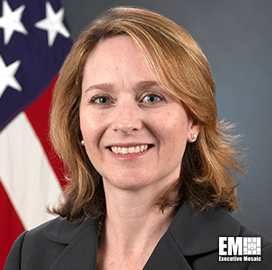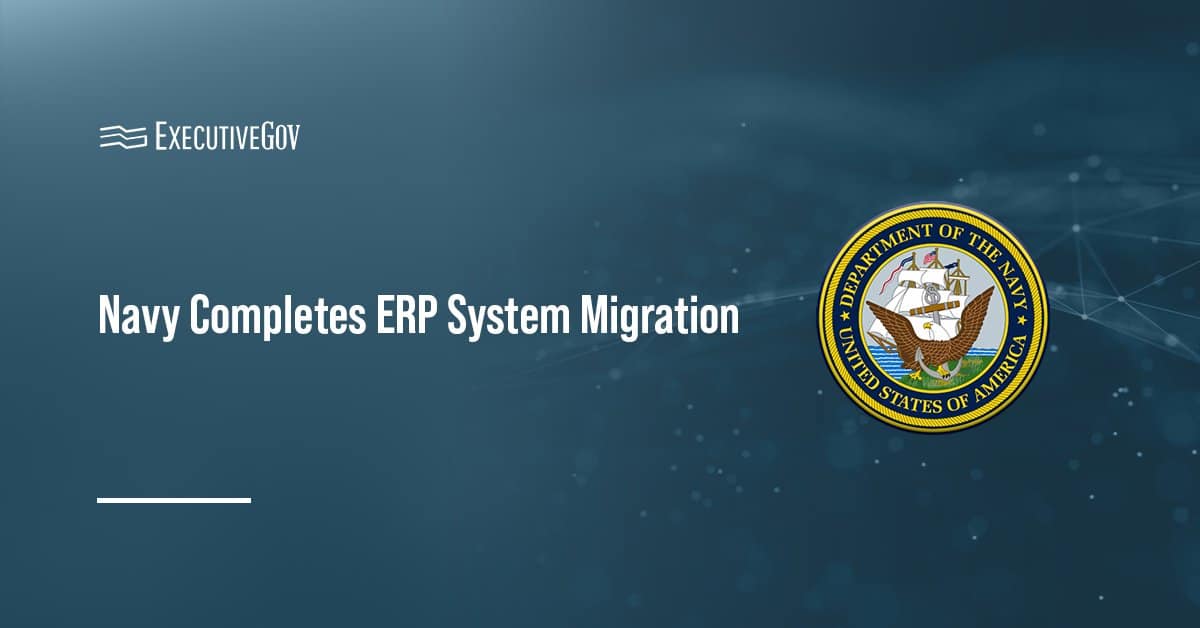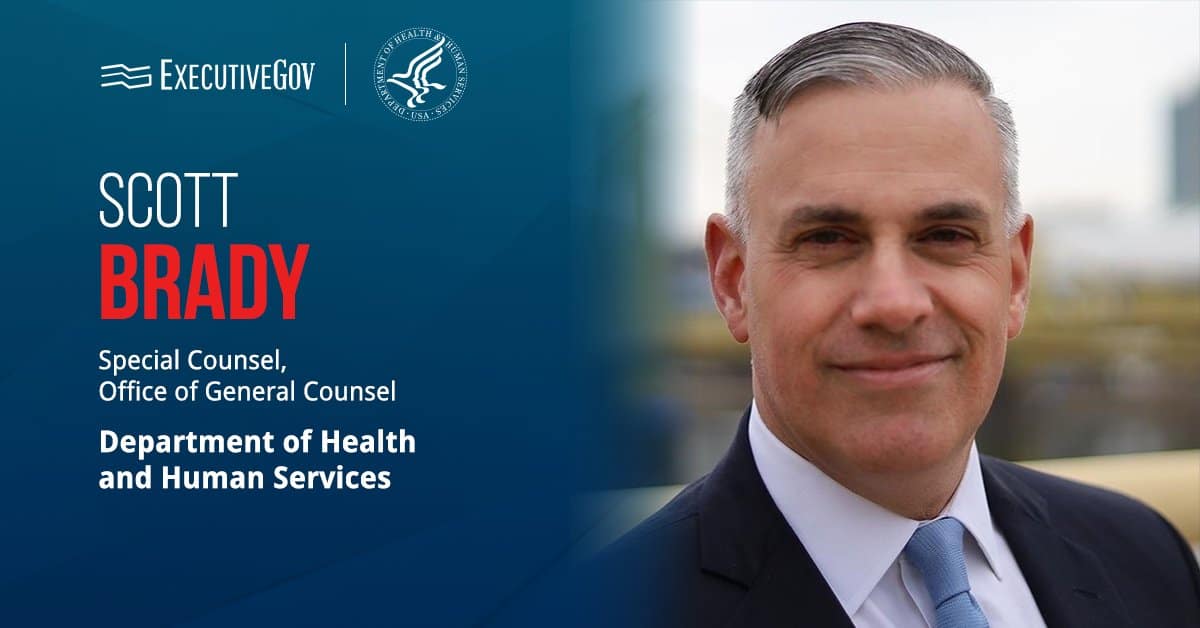Kathleen Hicks, a 2021 Wash100 Award recipient, has been sworn in to become the Defense Department's (DOD) new deputy secretary, bringing years of experience as a Pentagon executive, DOD News reported Tuesday.
Hicks will help Gen. Lloyd Austin, the new secretary of defense and a fellow 2021 Wash100 Award winner, execute a strategy to address adversaries that threaten U.S. national security.
The new deputy secretary of defense most recently served as a vice president at the Center for Strategic and International Studies, a think tank in Washington, D.C.
Her career with the Pentagon includes work as the principal deputy undersecretary of defense for policy in 2012. She began this career in 1993 as a Pentagon management intern.
“Even as we stand ready today, we must modernize our concepts, capabilities, workforce and budget for deterrence to endure,” she said.





